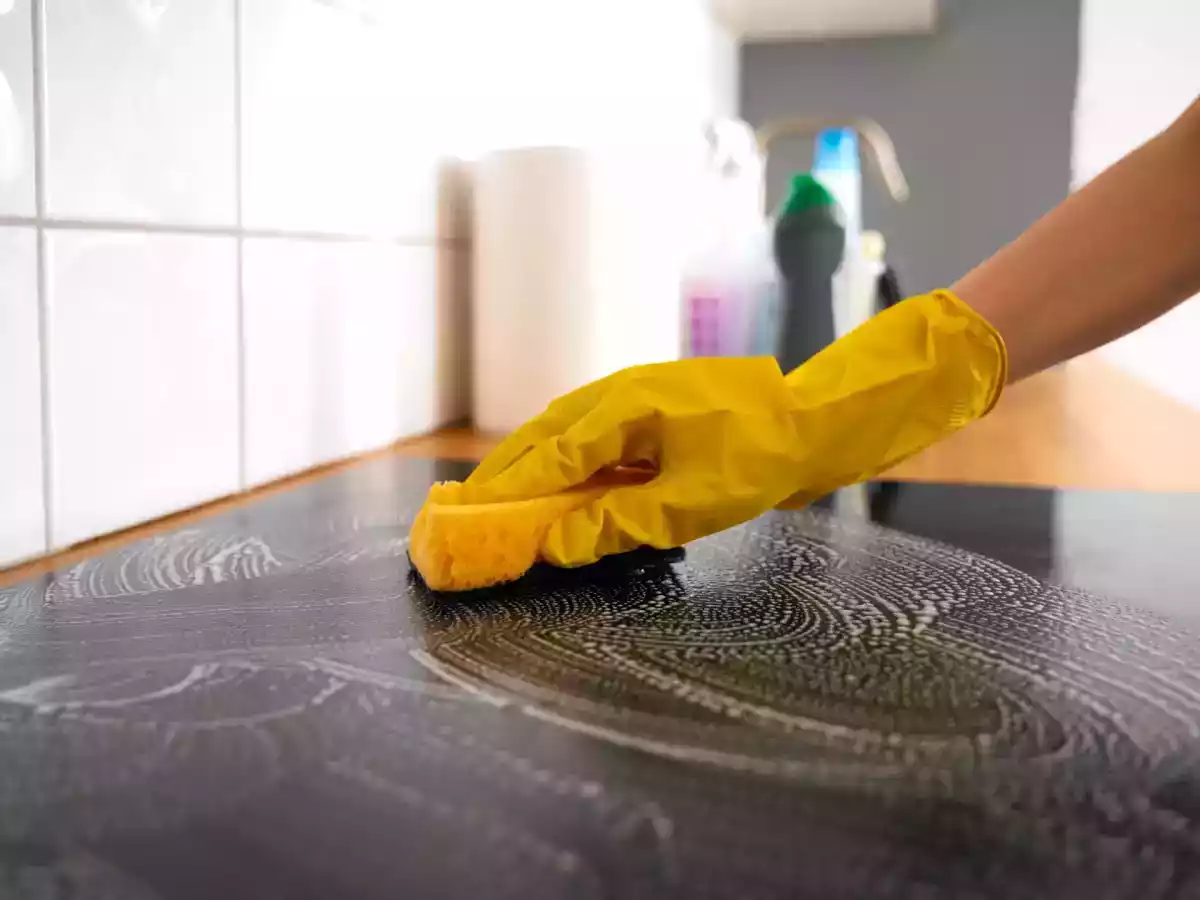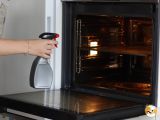Kitchen sponge: when is it time to change it?

Who knew that such a simple and common object as the kitchen sponge could hide a danger to our health? Used daily for sanitizing, the sponge itself becomes a hotbed of bacteria over time. But what is the ideal frequency for replacing it? Let's find out together!
Why is it important to change the sponge regularly?
Because of their porosity and constant contact with food residues and water, kitchen sponges provide an ideal habitat for bacterial growth. Scientific studies have shown the presence of millions of microorganisms, including pathogens such as Escherichia coli and Salmonella, within these common kitchen utensils. Although not all bacteria are harmful, their concentration can lead to bad odors and the risk of cross-contamination, defeating the primary goal of cleanliness.
How often should the sponge be changed?
The frequency with which to replace the kitchen sponge depends on several factors, including intensity of use and hygienic conditions. As a general rule, experts suggest changing it every week. However, if the sponge is used exclusively for washing lightly greasy dishes, it could last up to 10 days. Conversely, if it comes into contact with encrusted food residue or contaminated surfaces, it should be replaced every 5-7 days.
How to make the kitchen sponge last longer?
- Disinfect your sponge regularly. Soak the sponge in a solution of warm water and white vinegar or hydrogen peroxide for 5-10 minutes. These products not only kill bacteria but also neutralize odors. Remember to rinse the sponge well after the treatment and wring it out thoroughly before reusing it.
- Let the sponge dry completely. After each use, the sponge should be placed in a well-ventilated place, away from sources of moisture such as sinks or wet countertops. A damp environment promotes the growth of microorganisms, compromising the hygiene of the sponge.
- Use different sponges for different purposes. Assign one sponge exclusively for cleaning dishes and another for washing surfaces, such as the sink or countertop. This simple expedient will help you prevent the growth of bacteria and keep your kitchen cleaner.
You might also be interested in:
 Daniele Mainieri
Daniele Mainieri

Comments